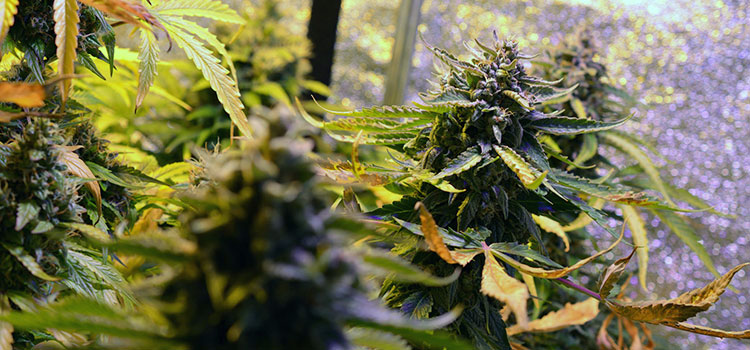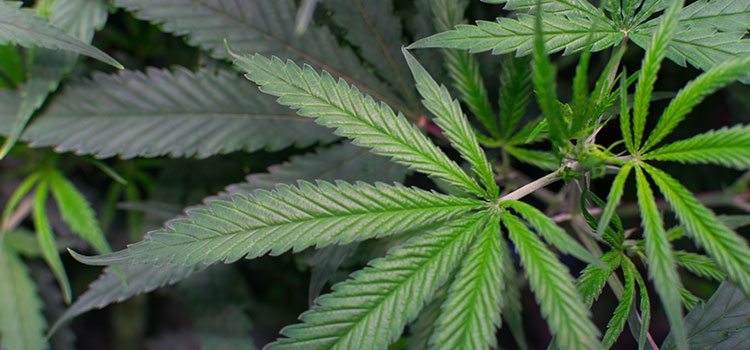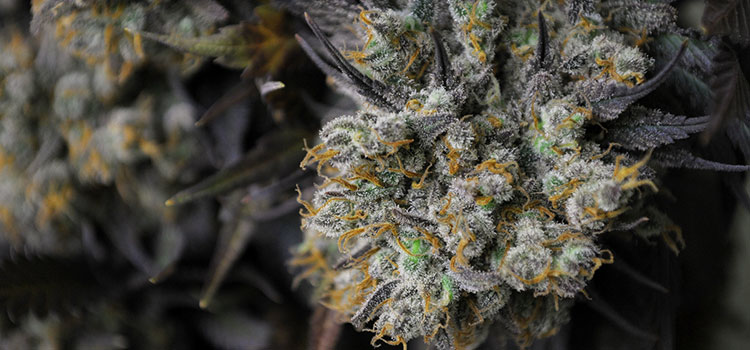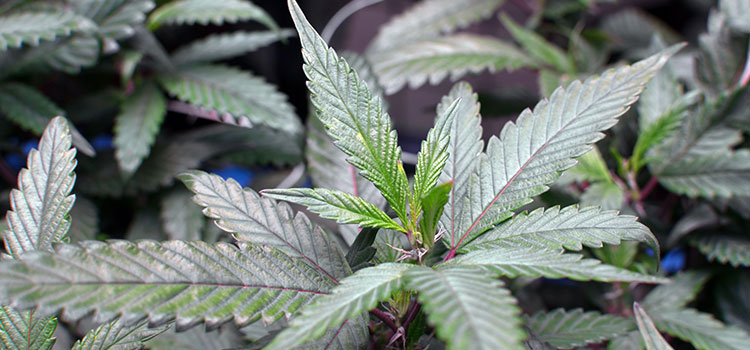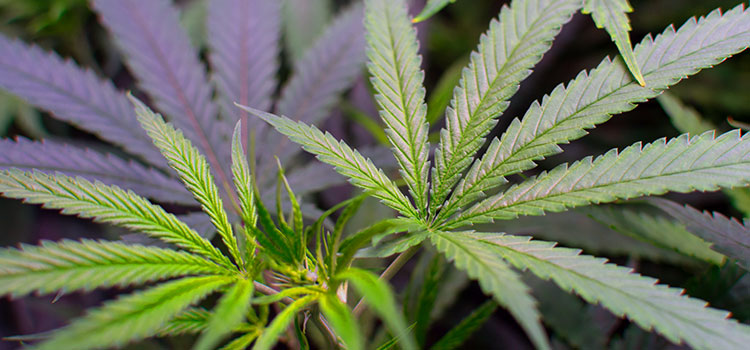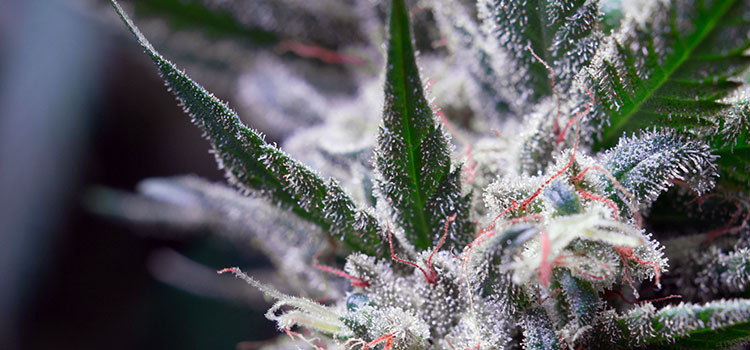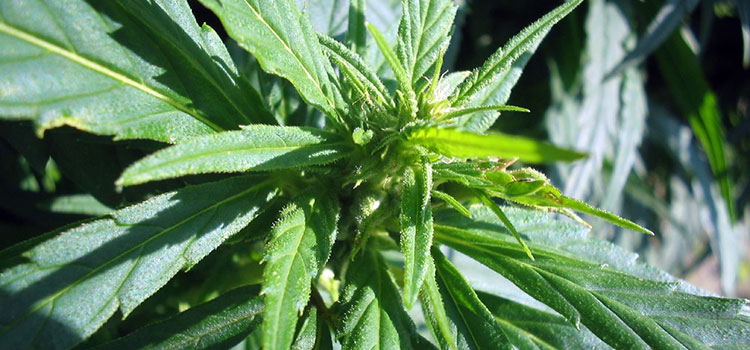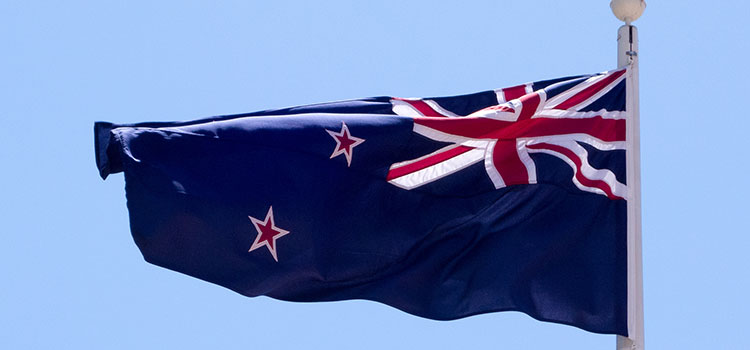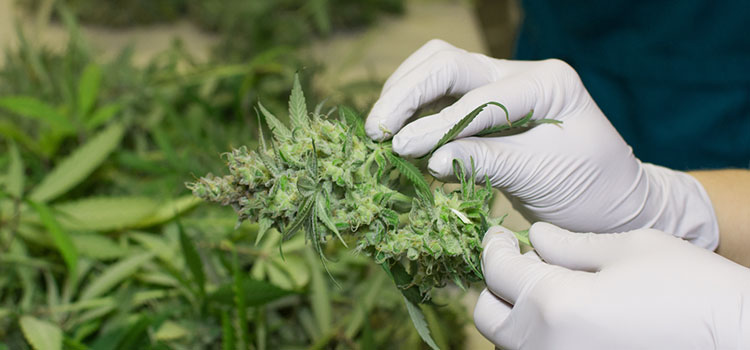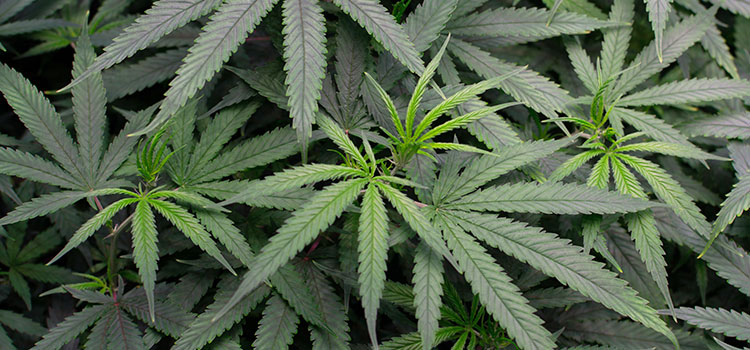Celebrity product licensing is nothing new — Michael Jordan has sneakers, Elizabeth Taylor has perfume — but the practice is beginning to permeate the cannabis space with the introduction of celebrity-branded cannabis products, such as Leafs by Snoop from the hip hop superstar and Willie’s Reserve, a line featuring the country music icon Willie Nelson.
Wiz Kahlifa, Wu-Tang’s Ghostface Killah, and Melissa Etheredge join the estates of counter culture icons Bob Marley and Jimi Hendrix as musicians either already involved in, or seeking to enter, the cannabis industry. Actor and director Kevin Smith partnered with a dispensary to create two strains to help promote his horror flick “Tusk,” and Tommy Chong, who was once jailed for nine months for his role in Chong’s Glass company, has launched his own brand Chong’s Choice. Whoopi Goldberg has also entered the fray with Whoopi & Maya, a line of bath soaks, balms and tinctures targeted toward women.
How celebrity licensing deals work
According to Olivia Mannix, co-founder and CEO of the Denver-based marketing company Cannabrand, the celebrities are the ones responsible for coming up with a brand and they work with industry partners to find cultivators and distributors in different markets in states where the product will be sold. The celebrity plays an “integral role in the development process,” meeting with potential growing partners and (of course) trying the product to “make sure it is something that that they like” and are willing to stake their reputation on, she said.
“They’re the last and most important people to sign off because it’s them, it’s their brand, and they want it represented in the best way possible,” Mannix said in an interview with Ganjapreneur.
Unlike traditional products, cannabis products must be sourced from the state in which they are sold — so while a customer will have an option for a celebrity-branded product in both California and Colorado, those products will not come from the same grower, Mannix explained. If the brand is tainted in one state — tests positive for a banned substance for instance — it could negatively impact the brand in both states even though it doesn’t have the same source.
“Quality control is huge in really making sure the partners and the people they’re working with have their [standard operating procedures] so that the consistency and the quality of their products are streamlined across all markets,” said Mannix, adding that if news breaks that a branded product in California has an issue, such as a pesticide alert, it would not affect the product in another state because it doesn’t come from the same source. However, the consumer might not necessarily understand that and “it could be detrimental to the entire brand,” she said.
The benefit for dispensaries carrying celebrity-branded products
For dispensary owners, celebrity-branded products are a way to drum up business and elevate the company’s profile. Both the cannabis-centric and mainstream media lights up (no pun intended) when a celebrity releases a cannabis product because, on one hand, it’s normalizing cannabis, but on the other hand it can be controversial — either way, customers get curious and want to experience the product for themselves.
And while cannabis tends to sell itself, dispensary owners are still competing for a market share.
Southwest Patient Group, a dispensary in San Diego, California, carries Chong’s Choice and according to its manager Alex Scherer, celebrity endorsements tend to carry some weight by helping to legitimize a product and, in most cases, bring mainstream attention to the benefits of cannabis therapies. As the industry grows, so does demand for high-quality products, he said.
“Right now branding is a really important part of the retail segment of this industry,” Scherer, who also serves as the president of the United Medical Marijuana Coalition, told Ganjapreneur. “In the past it wasn’t so critical… now days there is a bit more sophistication to the industry.”
Scherer said that customers tend to buy products that “appear of higher quality” and that celebrities are able to give that appearance due to their deep pockets and ability to hire world class designers and partner with top-flight manufacturers. Goldberg, for instance, partnered with Maya Elisabeth, founder of Om Edibles and winner of seven High Times Cannabis Cup awards.
“The product that stands out more on the [sales] floor will sell better,” Scherer said. “You just can’t get into a legitimate shop with poor packaging, no strategy, and expect to compete against companies with those things.”
Chong’s Choice sells well at Southwest because it lives up to the packaging. “It’s a high-quality product,” Scherer said, because if it wasn’t the dispensary would stop selling it — Tommy Chong’s endorsement or not. “If it doesn’t do the job and we have customer complaints, we wouldn’t keep it long-term.” It might help that Chong’s Choice doesn’t boast a price premium over its competitors, making it even more enticing to Scherer’s customers.
Celebrity trademarks in the cannabis space
Unlike traditional products — sneakers or perfumes — cannabis products are not afforded the same trademark protection by the U.S. Trademark and Patent Office (USTPO) due to marijuana’s Schedule I status. However, according to Neil Juneja, founder of Gleam Law, a firm specializing in marijuana law, celebrities are protected under personality rights law in the state in which they reside if that state has laws on the books for personality rights protections, such as California or New York. Personality rights allow individuals to control commercial uses of their name, image and likeness.
In a hypothetical scenario in which a new variety of cannabis was created and named after a celebrity, that product might also be afforded some protections even without a trademark in place. Courts can employ a test, called the Sleekcraft factors, to determine if there is a likelihood of consumer confusion which would violate a trademark and the plaintiff could also prove dilution through tarnishment, for which there is a different test, Juneja explained.
“You could prevent people from using that name or anything confusingly similar,” he said in an interview. “So that means if anyone was confused about the source of the goods you couldn’t use any name.”
Rebeccah Gan, a partner at Wenderoth, Lind & Ponack LLP, who specializes in trademark and patent law, said that companies can seek trademark protections on a state level but in many cases, such as the Washington Redskins trademark case, courts have determined that if a trademark “is not capable of being registered at the federal level at the time of the use, the use doesn’t give you common-law rights,” meaning that just because a celebrity has common-law trademark rights it doesn’t necessarily allow that person to claim rights to a product not allowed to be trademarked by the USTPO.
Gan suggests that if the company is selling non-cannabis products, such as clothing and hemp products, they would be able to apply for a trademark for those items, but because the federal government opposes legalization, the USTPO refuses to grant or even consider trademark protections for cannabis.
“They say, ‘When it comes to our registration system or common-law rights we are going to take this hard stance,’” she said in an interview with Ganjapreneur. “Which is ‘people rip each other off, oh well,’ because this is illegal commerce and we are not going to get involved in playing umpire.”
The celebrity effect
The marketing rules in states with cannabis markets, whether medicinal or recreational, do not permit marketing toward children and most television networks will not air cannabis commercials — although there is currently no official ban on such advertising under FCC rules. But as more states end cannabis prohibition, it’s likely that those marketing rules will evolve — in much the same way tobacco advertising was banned from television and radio in 1971. However, it’s unlikely that celebrity-branded products will be outlawed as several alcoholic beverages carry the names of celebrities — Marilyn Manson has an absinthe called “Mansinthe” and Stone Farking Wheaton w00tstout carries the name of Wil Wheaton, who helped create the brew, among others — and many of the rules governing the industry mirror those for alcohol and tobacco.
According to a 2013 study by Ace Metrix outlined by Marketing Charts, celebrity endorsements that had “little apparent connection” to the brand underperformed compared to those endorsements that had a strong connection to the brand. It’s safe to say that celebrities like Snoop Dogg, who is not just famous but famous in part because of his cannabis use, and Whoopi Goldberg, who has a long history of cannabis advocacy, have strong connections to their brands — making them no-brainer choices as brand ambassadors. It remains to be seen whether or not celebrities without a public history with cannabis will enter the market and, if they do, how the market will respond.
“Celebrities have a voice and they are able to get behind these brands, they are able to get behind the cannabis industry and they are able to have people listen to them,” Mannix said. “Celebrities are entrepreneurs — they have their own brand, their own backing, their own following — so they are really advocating for [the cannabis space] to be able to get that insight and the messaging and education out there, which is crucial to the industry.”
